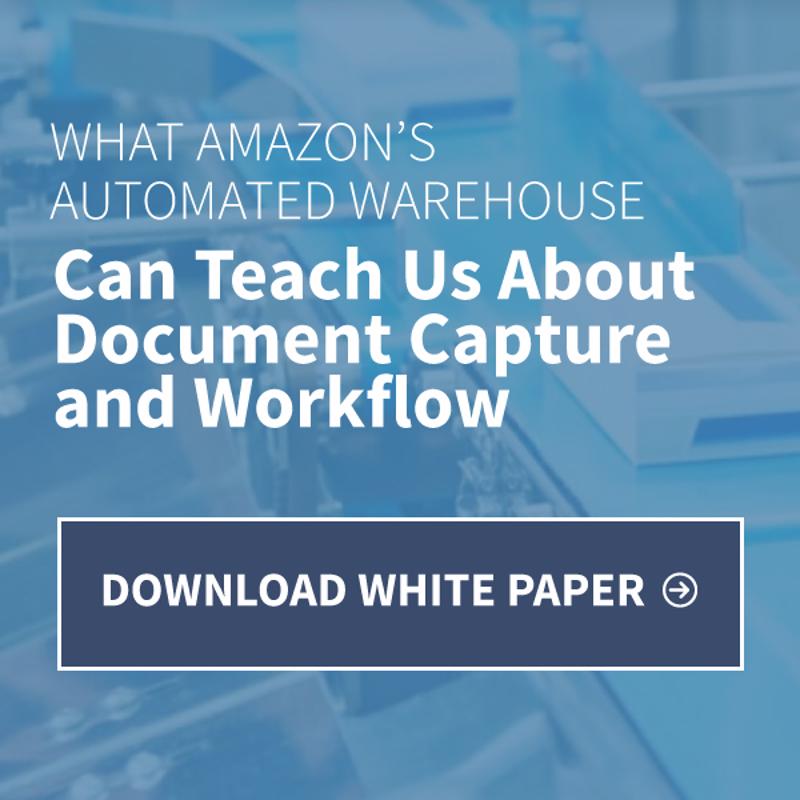
Document management shores up security for government
The concern around data security is – and should be – very real for local governments. After all, they protect massive amounts of sensitive information about residents, businesses, organizations and other interests that make up their community, and this makes them rich targets for hackers and other online criminals.
The decision to push various aspects of a local government's functions to paperless document management is an important one, but something that is often approached with caution. However, while the ease and convenience of managing sensitive information within these platforms, such as the ability to use workflows to ensure everyone has access to documents as needed, extra security may be another critical aspect of such an upgrade, according to GCN.
Assorted benefits
For instance, local governments likely process a lot of forms, either manually or when they're submitted online, and these forms can potentially contain a lot of personally identifying information, financial details and other confidential data, the report said. While many businesses will understand the importance of keeping that data under tight wraps, it may not always be front of mind for governmental departments.
In addition, when governments adopt document management for their HR departments, it makes onboarding new employees much easier and likewise keeps the sensitive information for those workers as safe as possible, the report said. This will also allow HR to manage records more effectively and securely as time goes on.
Now is the time
With so much emphasis now placed on cybersecurity, an effort to go paperless, even if it's for other reasons, could end up providing a big tertiary benefit for local governments. Raleigh, North Carolina, recently made a small switch to use paperless agendas for city council meetings, as a means of boosting efficiency and saving money, the city government announced earlier this year.
When making such a switch for more straightforward reasons, considering the benefits of added security around document management could be a boon for local governments and residents alike. The ability to provide more peace of mind while saving tax dollars through lower costs and improved efficiency could potentially be a great motivator for making the switch.

